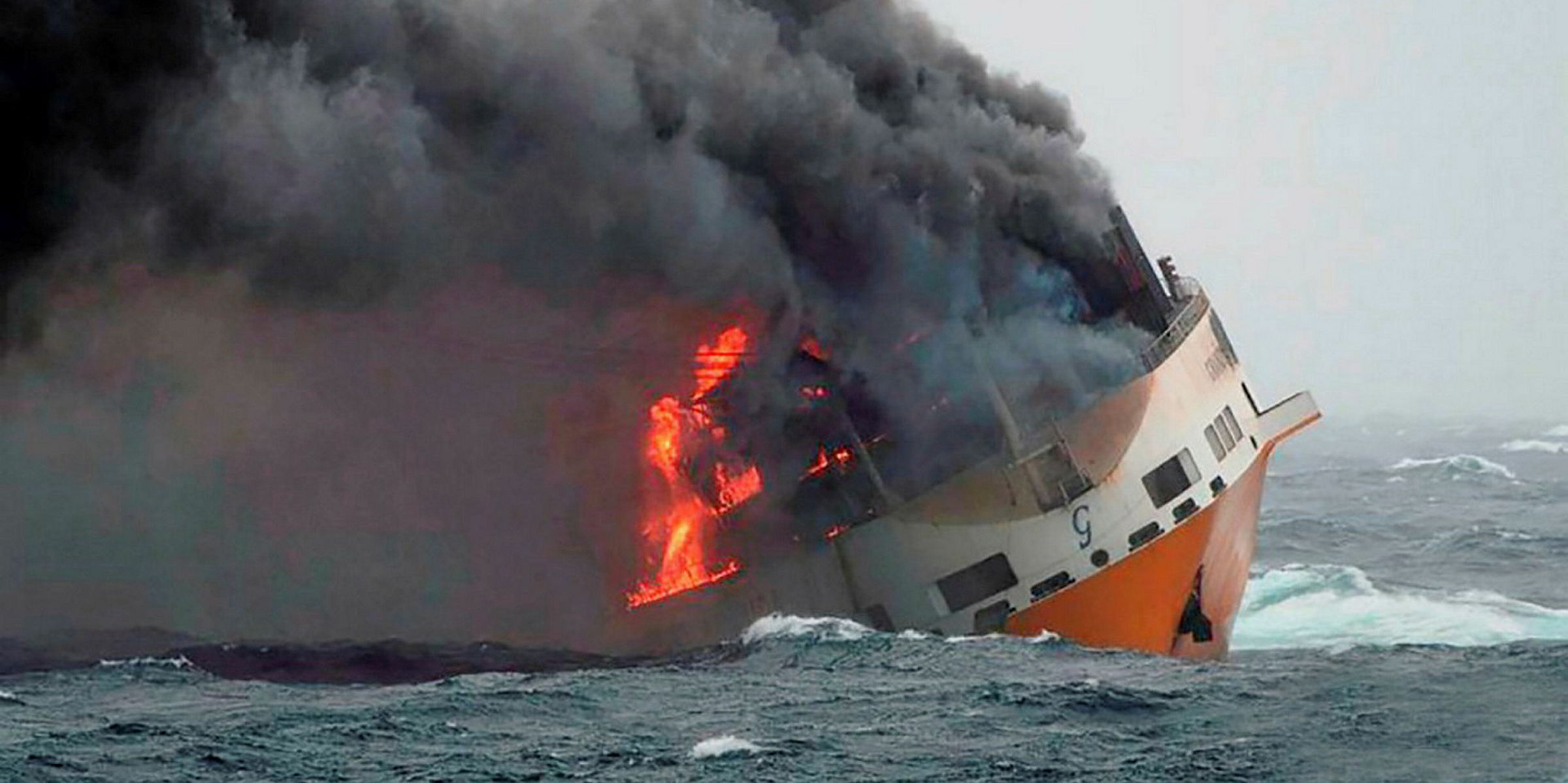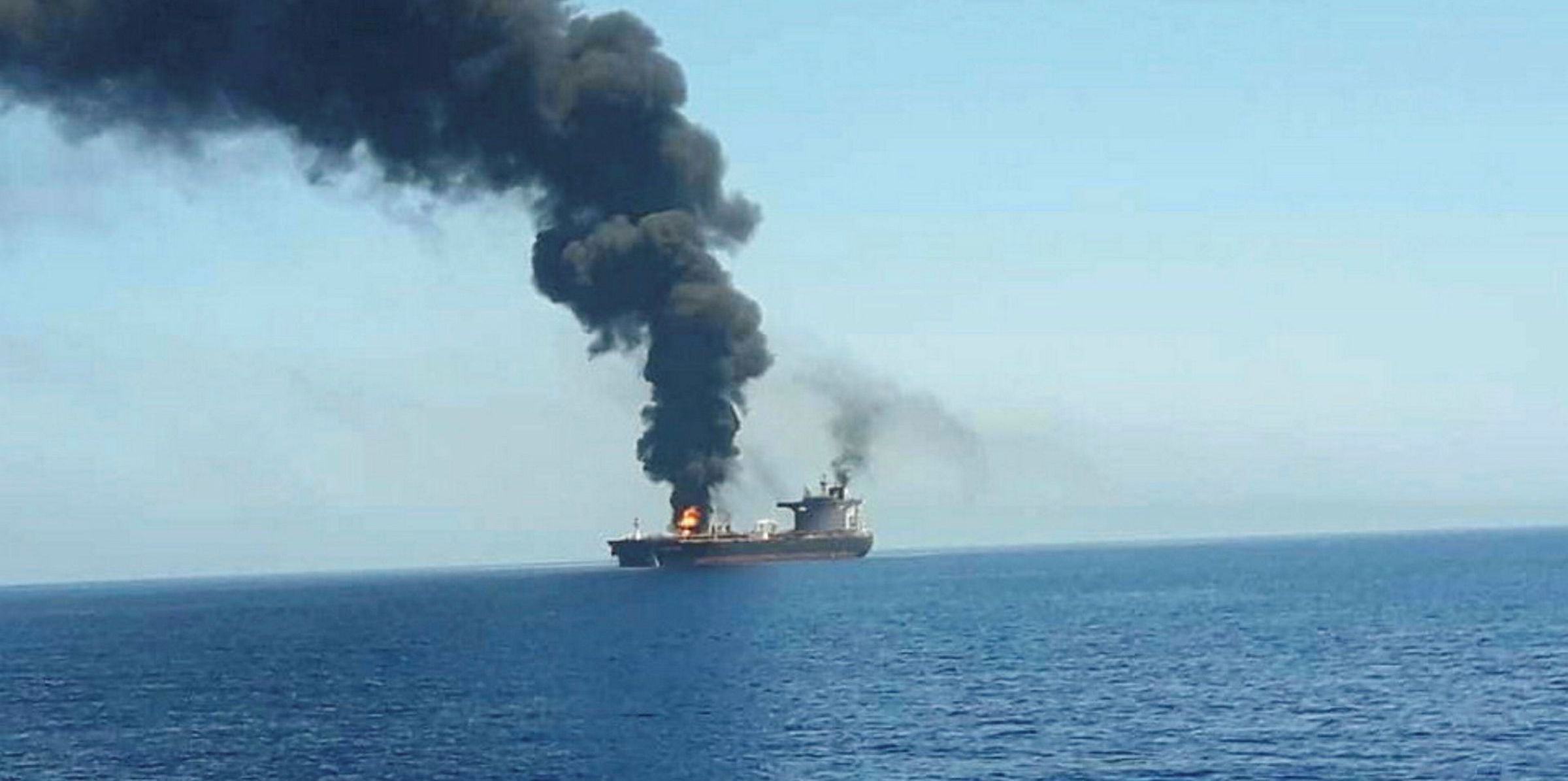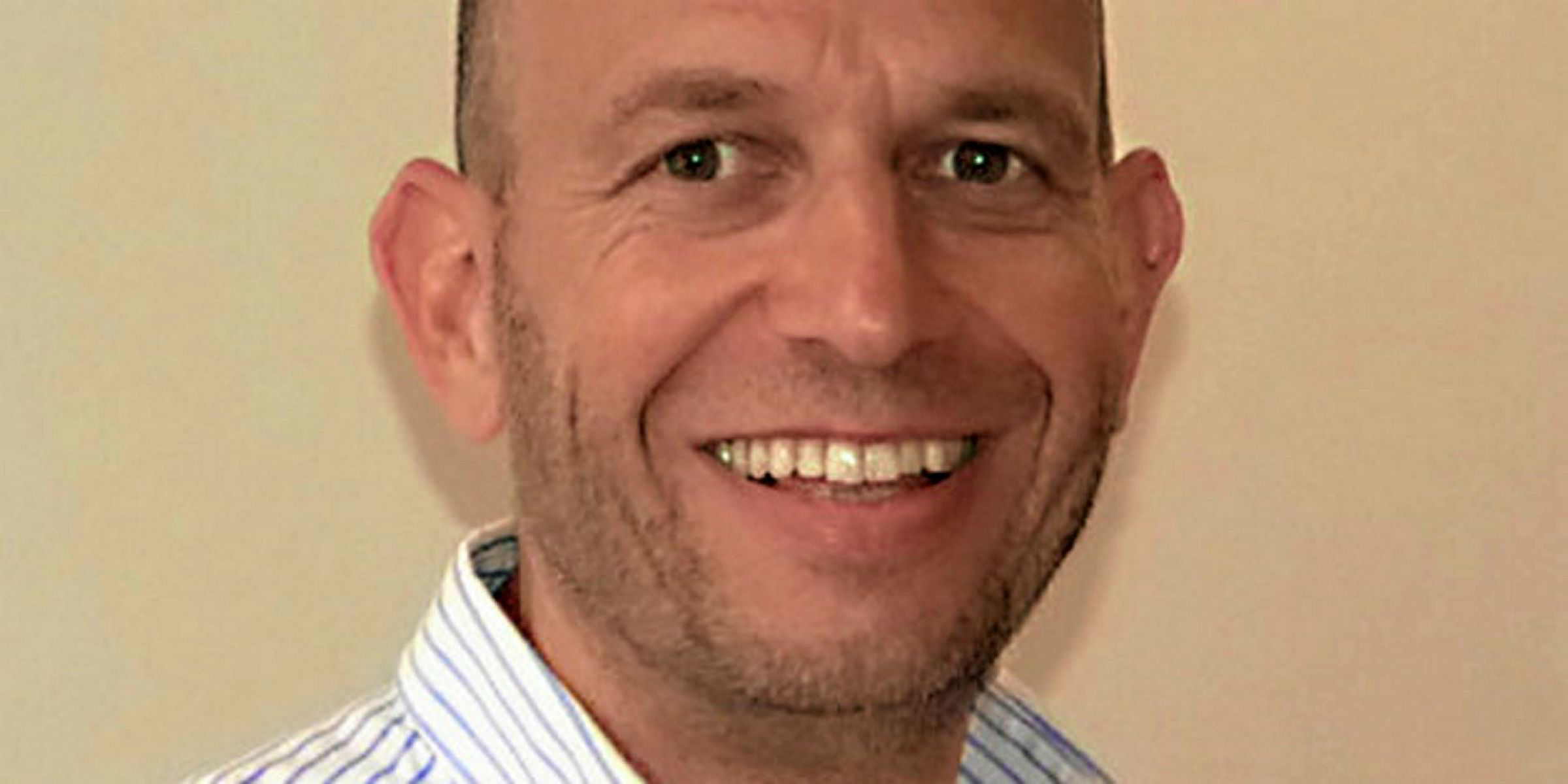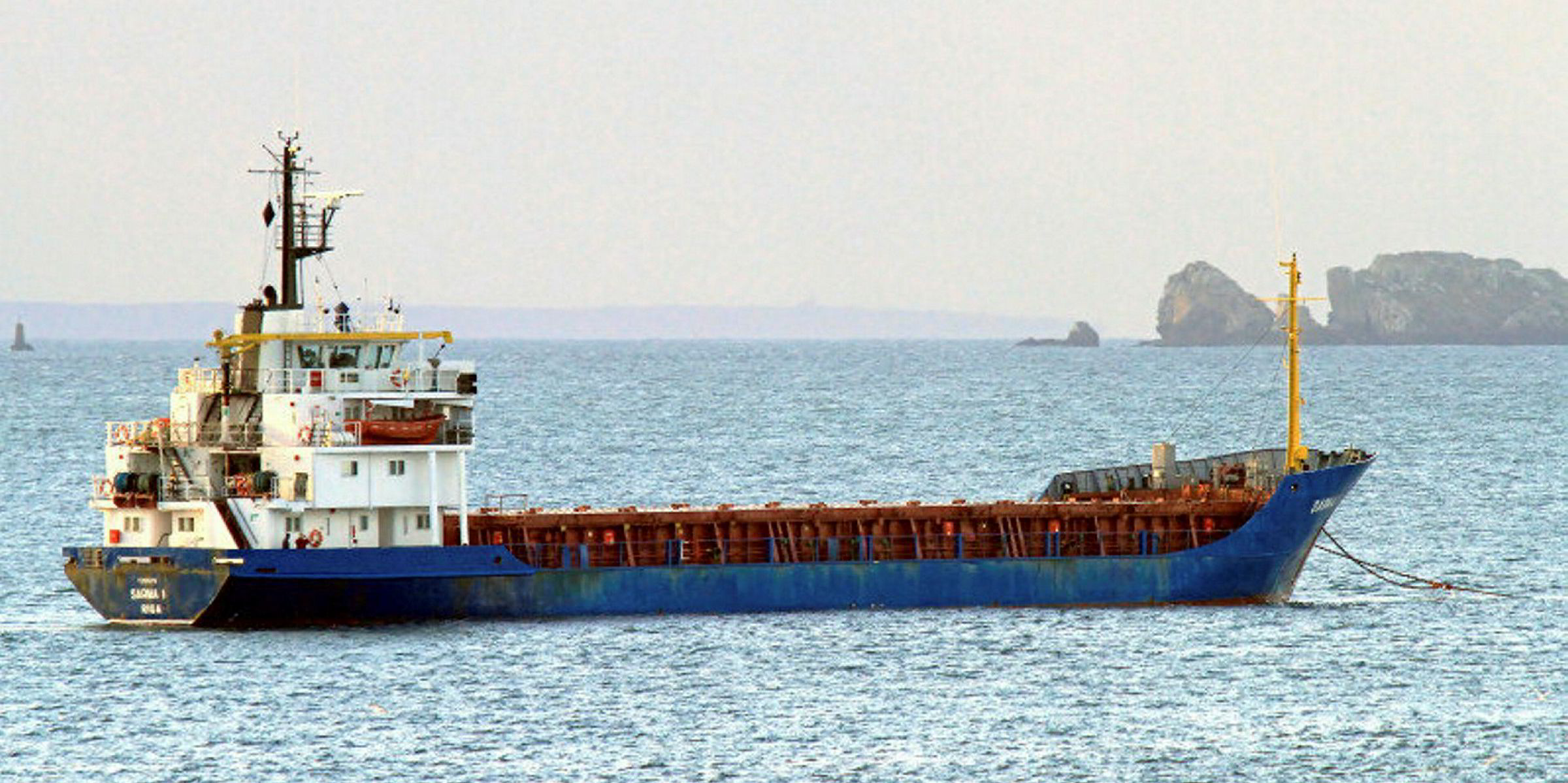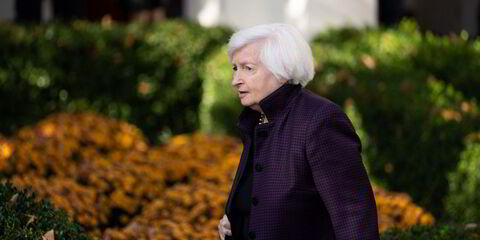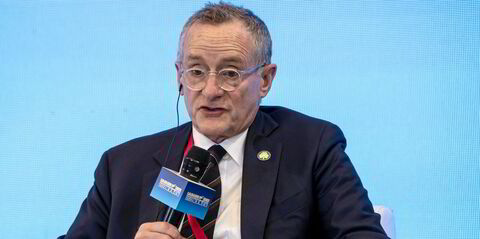In this era of increasing sophistication in business, it is easy to lose sight of fundamental values. Amid the debate over the digitalisation of business processes and the looming need to slash carbon emissions, one could be forgiven for thinking the shipping industry had resolved all its past ills.
Shamefully, there is ample evidence that the most fundamental issue of all — the safety of the ship and its crew — remains far from assured. That raises difficult questions for everyone in the business.
Statistics compiled by port state control authorities in Europe and Asia reveal the scale of the problem.
In Europe, figures from the Paris MOU on Port State Control show that basic safety standards are widely flouted.
The organisation’s annual report, which details the inspections member nations conducted in 2018, found fire safety was yet again the largest category among the deficiencies found on ships checked when they called at European ports.
Concentrated campaign
There were 5,248 fire safety deficiencies — 13% of the total number of deficiencies found by inspectors. It is a figure little changed in recent years. A further 3,300 deficiencies in life-saving appliances were found, representing 8.17% of the total number of problems discovered.
That means 21% — more than one in five ships inspected — had deficiencies in equipment specifically intended to protect the safety of the ship and its crew, according to the report.
In the face of such figures, no one can claim these problems are only the domain of a small number of rogue operators who choose to operate in contravention of global standards. It is clearly a problem that runs deep in the industry.
No one can claim these problems are only the domain of a small number of rogue operators who choose to operate in contravention of global standards. It is clearly a problem that runs deep in the industry
In an attempt to drive an improvement, the Paris MOU, along with members of the Tokyo MOU on Port State Control, will conduct a joint clampdown on emergency systems this autumn, in the latest “concentrated inspection campaign”, or CIC.
Port inspectors in member nations of both organisations are to focus on emergency systems and procedures on all the ships they visit for three months from the start of September.
In effect, it means ships calling at ports covering nearly half the world will be checked, from Australia, New Zealand, Chile, Peru, Canada, China, Singapore and Russia on the Pacific Rim, to most European ports in the west.
In a joint statement, Tokyo MOU secretary Hideo Kubota and Paris MOU secretary general Luc Smulders highlighted that emergency system deficiencies had been in the top five categories of problems “for many years”.
“The joint CIC on Emergency Systems and Procedures will not only raise safety awareness among the crew on safety-related issues but will also enhance crew familiarisation with the emergency safety systems and procedures, contributing to the prevention of marine accidents in the oceans,” they said.
The two MOUs say the aim of the campaign is to check that equipment and systems are in place and functioning, and to ensure that the crew, shipowners and managers are aware of their roles and duties.
Up to 10,000 inspections are expected to be made during the clampdown. Inspectors will seek answers to 10 questions while they are onboard — eight about the ship and its documentation and two about the crew’s familiarisation with emergency systems.
If deficiencies are discovered, the ship will face a range of sanctions depending on the severity of the problem. They may range from instructing the master to rectify the problem in a certain period if the issue is relatively minor, to detaining the vessel if the deficiencies are serious, until they are rectified.
Reputational damage
Names of detained ships will be published, which can have implications for the reputation of a vessel and its owner or operator, as well as for the ability to operate and win business from charterers.
With a month to go before the campaign starts, owners, operators, managers and charterers have a window to check whether their vessels are up to standard. All too often, lip service is paid to the safety of ships and their crews, while standards barely improve.
The nations of the Paris and Tokyo MOUs deserve credit for bringing the problem to the front of the industry’s attention and driving positive change.
